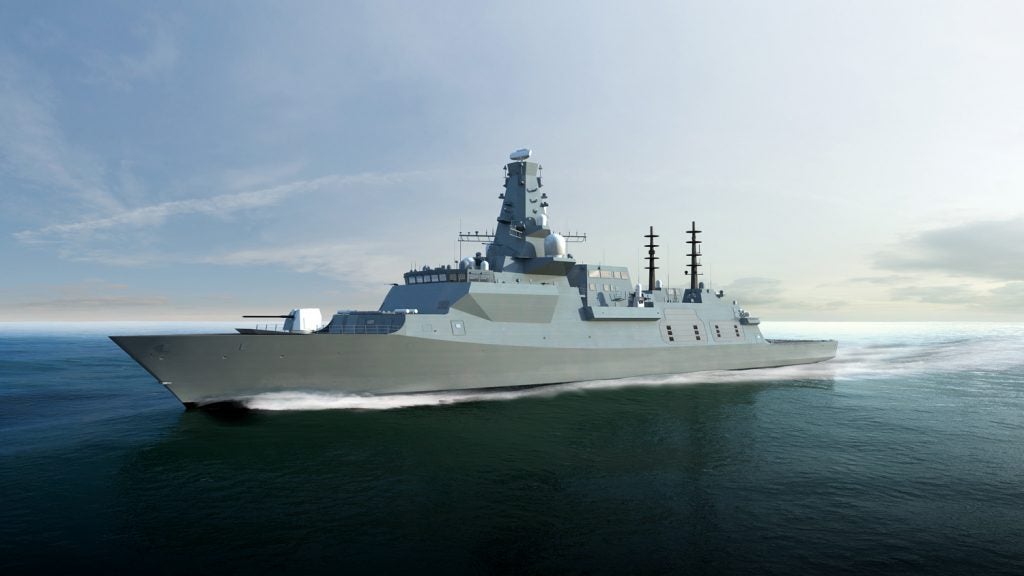BAE Systems to Provide Australian Navy With MK45 System Upgrade
The Royal Australian Navy has awarded BAE Systems a contract to provide upgrades for their MK5 Mod 2 naval guns on ANZAC Class Frigates with Common Control Systems (CCS). The upgrades will act to eliminate obsolescence and extend the life of the currently in service MK45 guns. Brent Butcher, BAE Systems Vice President of Weapon Systems commented on the deal:
‘The Common Control System upgrade is the most cost-effective way to extend the life of Mk 45 gun systems, enabling them to provide critical ship naval fires and creating a configuration that allows for the integration of future precision guided munitions. We are committed to modernizing and equipping allied nations with enhanced Mk 45 gun systems to address current and future threats.’
The MK45 Naval Gun was first designed in the 1970s by American defense contractor United Defense. The first Mod 0 model was introduced into service in 1971. The company was acquired by BAE Systems in 2005, BAE then took over the manufacture of the guns. The MK45 is currently in service with numerous navies around the world including the Greek, Danish, Japanese, New Zealand, U.S., Taiwanese and Spanish navies among others. The Royal Navy’s new City-Class Type 26 Frigates will also use the MK45. Which are being produced by the BAE Systems Maritime – Naval Ships subsidiary, the frigates are set to begin entering service in 2028.

The 5-inch MK45 Mod 4 has a longer 62-caliber barrel giving the gun a maximum effective range of up to 20 nautical miles (37km). The new upgrades are a cost-effective method of maintaining and upgrading the weapons for the future. Being much cheaper than replacing the whole weapon system itself. Once completed the upgrades will bring the MK45’s up to the latest configuration of the system. The CSS upgrade will replace the electronics on current Mod 1 and 2 systems bringing them up to the latest MK45 Mod 4 model. Work on the contract will start at BAE’s production facility in Louisville, Kentucky, with the first upgraded systems expected to be delivered in early 2026.

